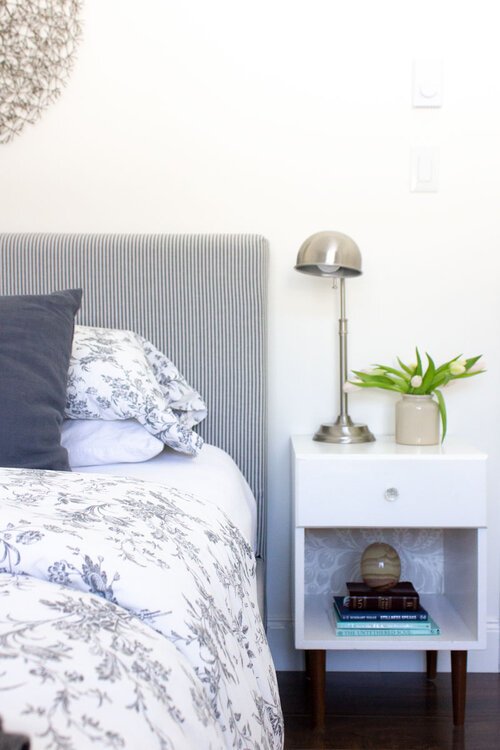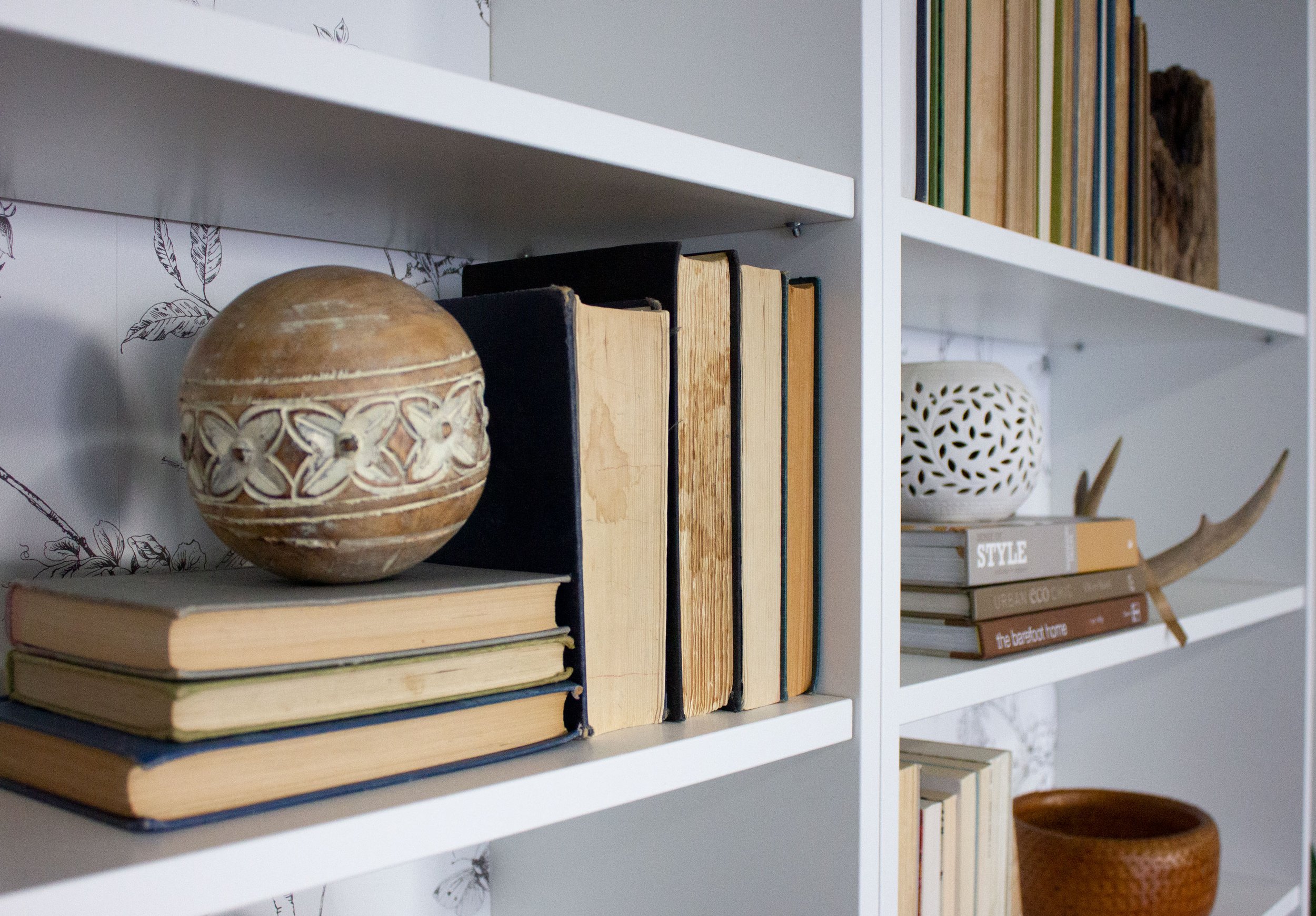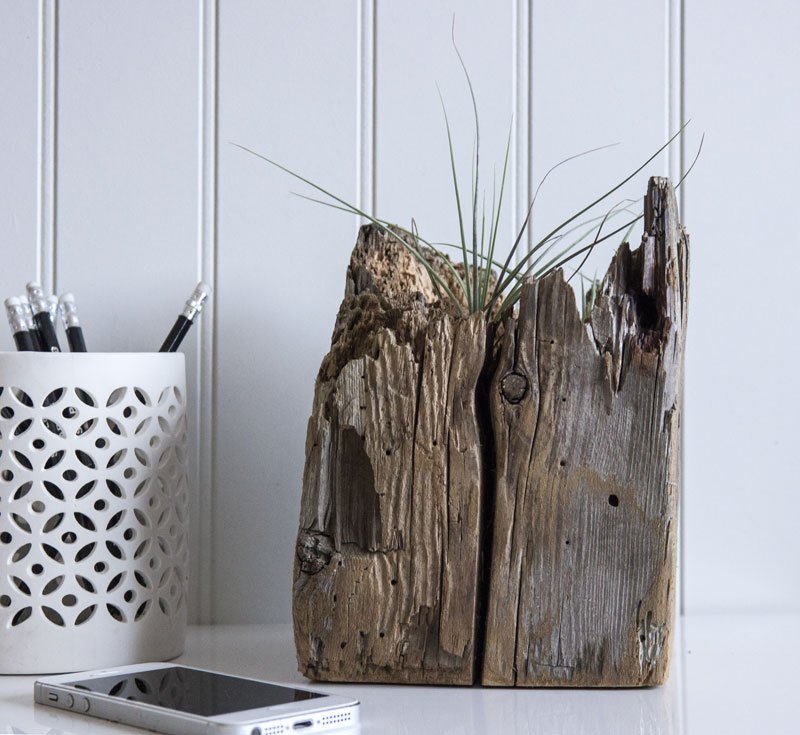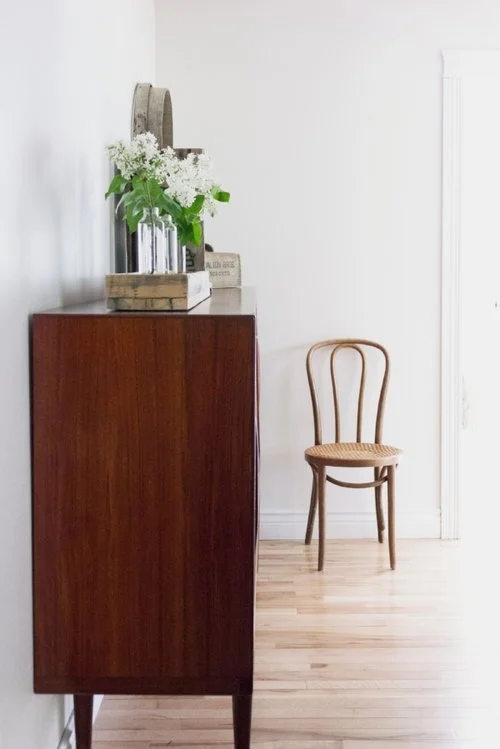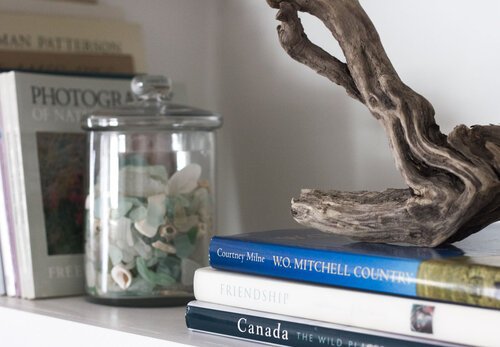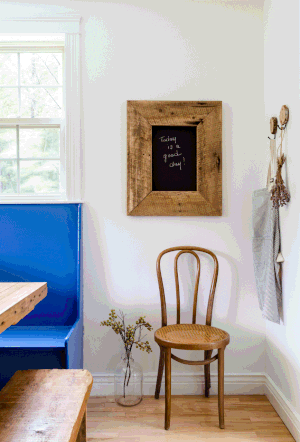How To Reduce Overwhelm When You're At Your Breaking Point
You can sort of feel it right now. Many people are getting close to their breaking point.
It’s so understandable and so normal in a year like we’ve had. Huge changes in daily routines, uncertainty about the future and feeling like you have little or no control over anything - all of it can easily push you to the edge.
Overwhelm can cause you to feel bogged down, depleted or frazzled. It can feel like you can’t catch your breath, or like you’re in a ditch and somehow can’t claw your way back out. You might have trouble falling asleep or staying asleep. And your mind is all over the place - distracted and foggy.
First, please know that it’s ok to be in this season. You are not alone. The sheer volume of thoughts, feelings, tasks, and stimuli in our environment right now is shifting our brains and nervous systems into a continual reactive, stressed state.
So it’s not you. You’re not doing anything wrong.
But there are a few things you can do right to proactively start to ratchet down the overwhelm and make your way out of the ditch. Fortunately, our brains are remarkably resilient and malleable, so put into practice some new routines and put systems in place to make them easy.
7 SPECIFIC FIRST STEPS TO SIMPLIFY IN ORDER TO REDUCE OVERWHELM
Declutter.
This might be a big one for you. If it is, divide this job up into tiny steps. I like the 15-minute dash method. But make sure to make time to declutter - it’s an essential step toward more calm. Clutter, even if you don’t feel like it’s a problem for you, creeps into your subconscious mind and affects your brain and mood. You have a harder time settling and focusing on things. So make sure to do this first. Start with my free 5-Day Declutter Dash!
Create a cleaning plan.
Once the clutter is out of the way, cleaning becomes easier. And you can make it easier still by having a plan. First, get doubles of your basic cleaning supplies like cotton cloths and an all-purpose spray cleaner and have them in your main traffic areas like under the kitchen sink and bathroom sinks. That way, you can whip them out quickly to do a cleaning dash just in those spaces when you have a few minutes. Then, set up a plan that works for you for cleaning efficiently. Maybe you like to do just one small thing at a time each day. So you could schedule in 10 minutes each night to do one task, like just a bathroom or just the kitchen sink or just the living room floors. Or, if you prefer to do it all at once, set the same time every week and spend the hour or two knocking it all out with the music blasting and calories burning (that’s what I like to do!). Whatever plan is best for you, set it and get in the habit of sticking to it. It’ll become easier this way over time.
3. Create a calm corner.
You should carve out a corner of your home where you can spend a little quiet alone time each and every day. Whether that’s in the morning to meditate before anyone is awake, or later in the day to spend time reading at the window, make sure to put yourself first, even for a few minutes. It’s essential to quiet your system down, breathe deeply and recharge your mind and body. A dedicated ‘calm corner’ space will help make it more enticing. Check out this post on how to set one up in your home and sources for making it cozy.
4. Declutter your mind.
While sitting in your calm corner, try doing a brain purge. This decluttering of your mind will make space for more calm in your everyday life. Doing this regularly will help you sleep better and feel more centered - and less overwhelmed. We get so much information thrown at us every day - it’s really essential to declutter your mind from time to time (or every day in an evening routine). Check out the specifics on how to declutter your mind here.
5. Declutter your digital life.
We spend a lot of time looking at our screens. It can easily suck us in and create stress, lethargy and anxiety. But our devices CAN help with focus and productivity if we put them to work FOR us, instead of having them waste our time. Do a declutter of your phone and computer and other digital devices so you can find things quickly and aren’t distracted by apps and notifications. Spend time on an efficient filing system, and ween yourself off of toxic time on social media, email or news apps. Join my 7-Day Digital Detox to follow the plan to accomplish all of this!
6. Overhaul your bedroom for better sleep.
Getting the details right for a calm and sleep-optimal room should be at the top of your list if you’re feeling overwhelmed right now. Without deep sleep, our minds and bodies can’t refresh and heal. So calm your bedroom with these specific action steps.
7. Practice daily gratitude.
Gratitude is truly the cornerstone of a happy and fulfilling life. It creates space for compassion and love, stops stress and anxiety in its tracks and improves overall wellbeing. It shouldn't take an extraordinary sunset or a traumatic event or witnessing someone else’s pain to jolt us into being grateful. If we practice gratitude on a daily basis the world will open up for us. Ideas on how to do that:
write tiny notes of praise or kindness for others to find
write three things you're grateful for each day in a journal
tell someone each day that you appreciate them or something they've done
create a gratefulness jar for your whole family to fill with little notes on something they're grateful for that day (pull them out and read them at the end of each month)
create a vision board of things you're grateful for now, not just things you dream to have in the future
hang favourite quotes or mantras around where you can see them and be reminded to give thanks
share an appreciation daily with someone else: "I love how quiet it is after it snows, don't you?"
express appreciation in the tone of your voice when talking to others
send a note to someone you haven't seen in a while to tell them why you appreciate them
be mindful throughout the day of your surroundings and silently express gratitude
learn one new thing each day so you can be grateful for it
establish a morning or evening silent daily gratitude ritual
give thanks in prayer
smile more often
I really hope these small steps will help you begin the path toward managing your overwhelm and finding more calm and focus. Good luck!


